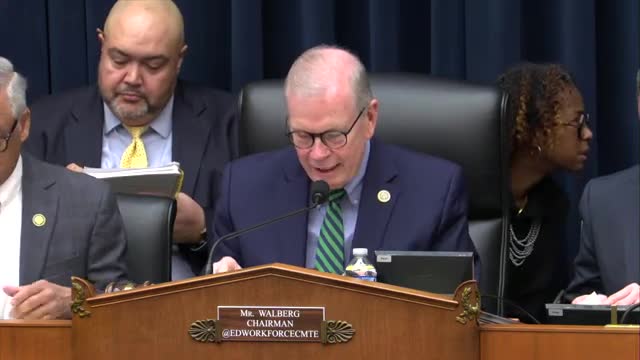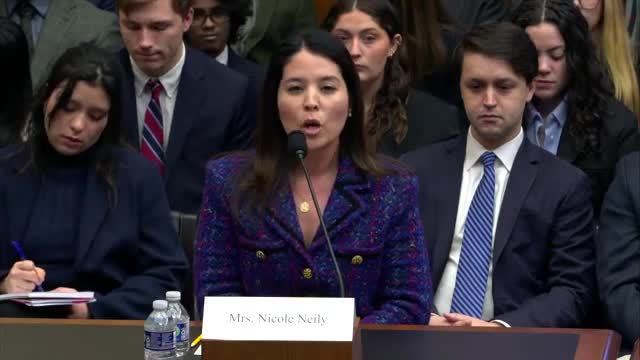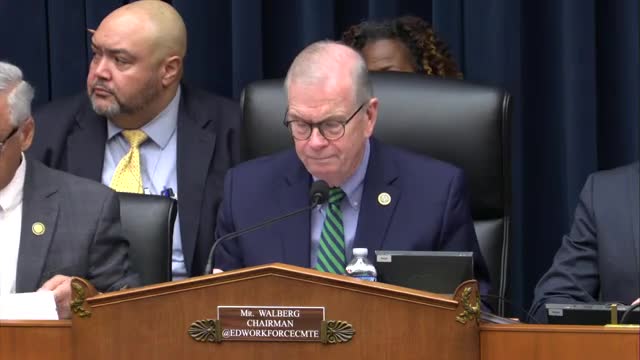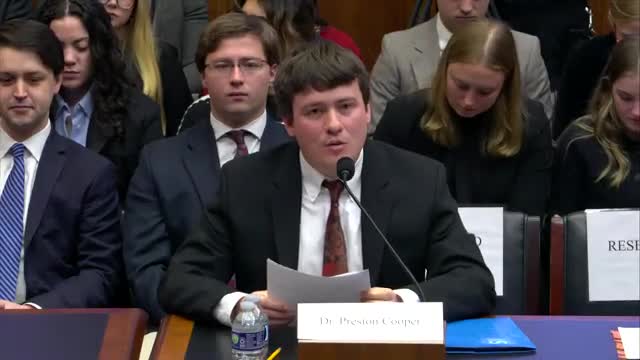Article not found
This article is no longer available. But don't worry—we've gathered other articles that discuss the same topic.

House education hearing exposes sharp divide over DEI, parental rights and proposals to curtail Department of Education

Witnesses urge transparency after report of foreign funding and Confucius‑classroom ties in K‑12 and higher education

Committee hears push for WIOA reauthorization, apprenticeships and career‑tech expansion to fill millions of openings

